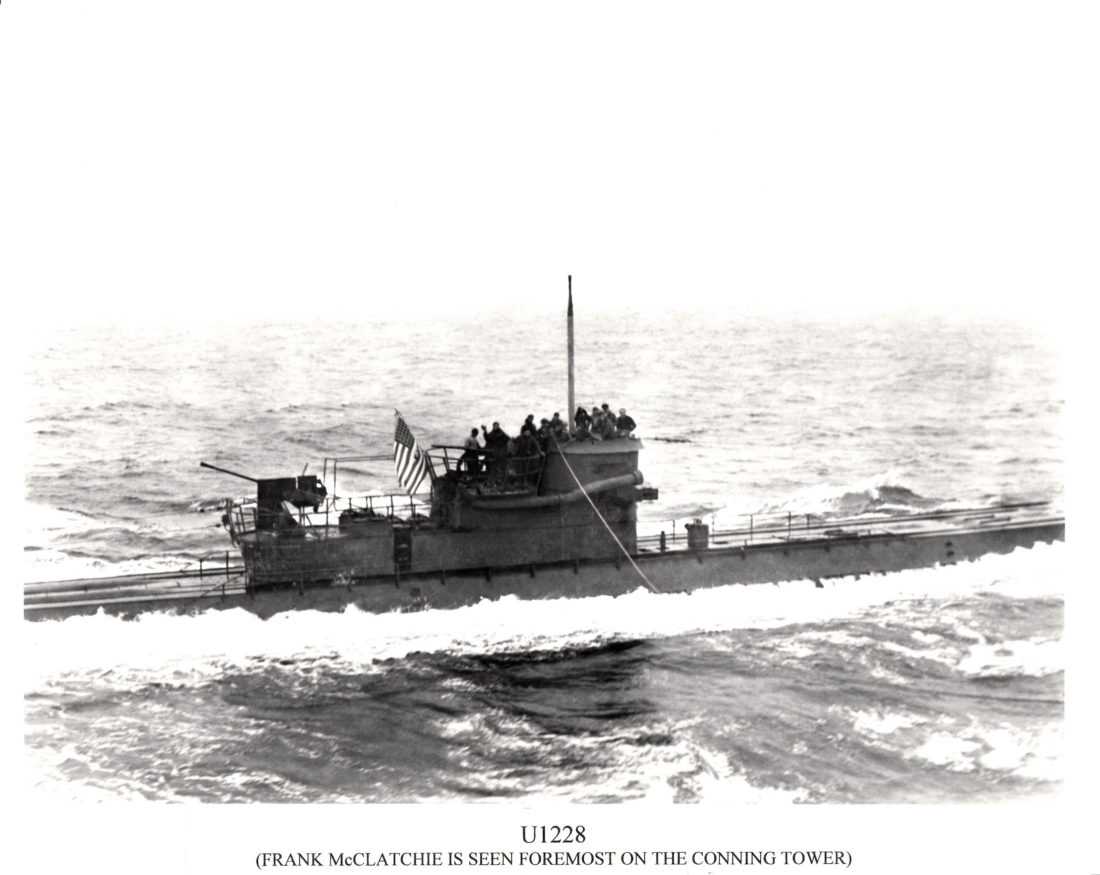THE SEPERATION OF POWERS, AND OTHER MYTHS
THE SEPERATION OF POWERS,
AND OTHER MYTHS
By: Ralph A. Sommerfeldt
Once upon a time, a few great and wise men decided America should become a free and independent country, and with these thoughts in mind broke away from MOTHER ENGLAND.
Recognizing the problems in governing a large country with many people, these men set down rules and regulations governing the functions of the three branches of government.
These branches were called the Legislative, or law making body, which had the power to make laws; the Judiciary, with the power to interpret such laws; and the Executive, which was given the power to enforce these laws. With these things in mind, they formed the government of the United States of America. They must be rolling over in their graves at what has happened to their ideas in the past 100 years.
In 1887, congress passed, and the President signed the Interstate Commerce Act to control the rates charged by the railroads. But most important, this act established the Interstate Commerce Commission, the first federal regulatory board, which had the power to supervise the affairs of the railroads, investigate complaints, and bring anyone who broke their rules and regulations to trail.
The ICC Has been well characterized as a super-board of directors of the railroad industry and was given jurisdiction over other forms of surface transportation as well—over oil pipelines, interstate motor carriers, and domestic water carriers.
In the years that followed the creation of the ICC the same need was felt in other parts of the American economic scene. This was especially true during the period following the economic crisis of 1929. The result has been the establishment of a host of regulatory agencies modeled after the ICC. The most important of which are the Federal Trade Commission, The Federal Communications Commission, The Securities and Exchange Commission, the National Labor Relations Board, and the Civil Aeronautics Board.
In 1935, because congress did not wish to be bothered with passing the laws which these commissions needed in order to function, passed the Federal Register Act. This act gave the commissions the authority to make up their own rules and regulations, print them in a book titled the Federal Register, and if no complaints were received against its rules at the end of 30 days, they automatically became the law of the land.
Also printed in the Federal Register is presidential proclamations, reorganization plans, and executive orders. The Federal Register is published five times a week and as of 1976 according to treasury secretary Simon, contains in excess of a trillion different rules and regulations, which all have the effect of law.
Also from the Federal Register came a thing called administrative law. Administrative law developed from the operation of these different regulatory agencies, vested with significant powers to determine, by rule or by decision, private rights and obligations. As the regulations and order promulgated by these organs impinged more and more upon the community and the bar that counseled it, the development of legal rules to ensure the subordination of agency activities to law became of concern to jurists everywhere. It has become so involved, that law schools offer special courses to deal with administrative law, and the American Bar Association has set up a special committee on the subject.
But having the authority to make laws wasn’t enough for these agencies. Now, they have appointed administrative law judges, which try and hand out punishment to anyone who breaks the agencies rules. Each agency has its own judge, which work for that agency alone.
In defiance to the constitutional separation of power, these agencies have the authority not only to adopt regulations which have the full force of the law, but with their own judges they administer and enforce the laws and serve as judge and jury to impose punitive actions against anyone who breaks their laws. If you are found guilty by one of these judges, you cannot appeal the case to a higher court, because these courts do not come under the jurisdiction of the judiciary department of the government. Although such rule making affects every American it is virtually immune from scrutiny by the executive branch, and increasingly beyond the control of congress.
Thomas Jefferson described good government as wise and frugal and that which shall restrain men from injuring one another and shall leave them otherwise free to regulate their own pursuits of industry and improvement. Regrettably, our government has strayed from that sensible course.
And army of millions of regulators is to be found in 11 departments, 44 agencies, and 1,240 boards, committees, and commissions which come under the direct control of the executive branch of the government.
Proponents of government regulation focus on the benefits and too seldom consider the costs, it is estimated by White House experts that regulation resulted in added costs to the nation totaling $130 billion in 1975, which is more than $600 for every man, woman and child in the united states. The government accounting office calculated that $60 billion was sheer economic waste because the regulations were defective.
Let us assume that government regulation is well–intentioned. It is clear, nevertheless, that it has become excessive and frequently causes un-intended results. Interestingly, some of the most heavily regulated industries- railroads and utilities, for example–are in the least healthy economic shape. Citibank chairman Walter Wriston had that in mind when he cautioned the bank’s lending officers, the longer an industry has been government regulated, the worse credit risk it tends to become.
Not only has government regulation grown to massive scale, but its growth rate is accelerating…
As government increases its presence in our lives, the private enterprise system is threatened and our individual liberties are diminished. A top priority for national leaders should be to repeal the federal register act, and to phase out the excessive, outdated, and burdensome regulations which have been placed on industry. This should be supplemented by reforms within the ongoing regulatory bodies to reduce non-essential activities. It is imperative for all of our freedom that the government move to deregulate our society with the same vigor that brought us into the age of over–regulation. Public officials will do so, only if each of us recognizes the urgency of the problem and communicates our concern to them.



